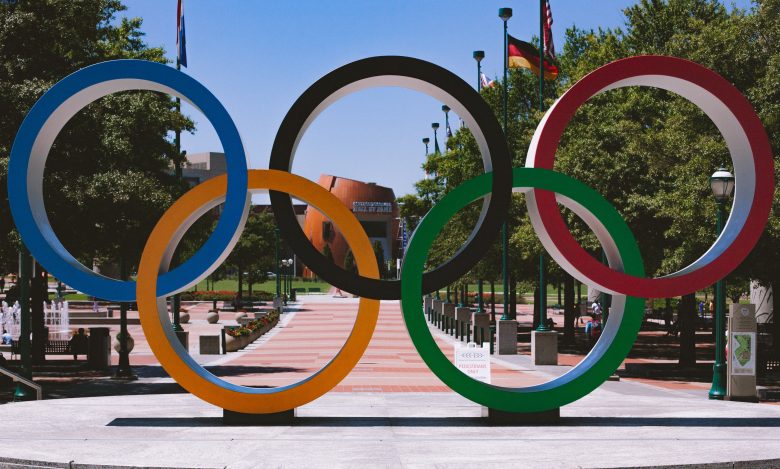Why we burn out and how to correct it
I’ve been the chiropractor at many of the Olympic Games. The most enriching part of the Games for me wasn’t really the sports. It was the atmosphere, the patriotism, worlds coming together, the meaning that comes through the spirit of competition, and of course getting to work with the planet’s most dedicated athletes. I ultimately discovered; the Olympics really are a metaphor for everyone to never give up on your own version of a gold medal.
The motto of the 2012 London Olympics was, “Amazing Awaits” – taken from the poem, “Amazement Awaits” by Dr. Maya Angelou. If your story is to go swifter, higher, stronger (Citius, Altius, Fortius) , never give up on your dream, and do everything it takes to be the best of the best of the best of the best, it’s true; amazing really does await! On the contrary; shoot low, give up, or limit your efforts and amazing doesn’t await. Instead, the saddest thing awaits: “what might have or should have been” – taken from Cat’s Cradle by Kurt Vonnegut (“Of all the words of mice and men, the saddest are what might have been”).
In psychology, we’ve been very concerned over the last couple of years that the general mental state of the world is one of languishing. “Languishing” is the absence of mental health, characterized by ennui, apathy, listlessness, and loss of interest in life. This includes substantial dissatisfaction with occupation and relationships.
A recent CDC survey showed that “One out of ten US adults seriously considered suicide in the last month. For young adults (18-24), the proportion was an astonishing one in four.”
Another way mindsets are viewed is:
1. HOPELESS: A feeling that they can’t be helped (They hope less)
2. HELPLESS: A feeling that they don’t have the ability (They help less)
3. WORTHLESS: Not valuable anyway (They feel worth less)
4. POWERLESS: Circumstances are outside their control (Have less power than is necessary to achieve a dream or overcome their challenges and circumstances.)
I work with many doctors. When evaluating physicians for mental health, they are often found to struggle with what has been described as “consternation:” foreboding, anxiety, and fear of future. They generally complain of a sense that they are trapped in a certain model of practice. Like anyone, when a doctor works hard enough for long enough, they want it to be much easier and more lucrative. Thus, they like many people in society right now, “burnout.”
To correct the global epidemic of burnout, another way to look at any type of mental anguish is as “tension.” This tension can be translated into “creative tension” or resistance requiring thoughtful change.
One process that can help is a “Gap analysis.” The Gap is the space between where you are right now and where you want to be. Rather than languishing or feeling stuck, hopeless, helpless, worthless, and/or powerless; we can allow this tension to push our creativity.
There’s tension in the gap between where you are right now and where you want to be.
 |
|
It’s up to you as to whether that tension in the gap: A. Is creative and causes the kind of resistance that builds muscle and forces learning, skill development, and a willingness to break through the limitations of what you have felt you should, ought, or must do and maybe even get what you once considered a little reckless. OR B. Creates the kind of resistance that causes you to burn out, break down, and believe you’re stuck in a hopeless, helpless, worthless, and powerless. Don’t lose site of the fact that “Amazing awaits” those that never stop narrating their internal Olympic story redemptively. The only way to go swifter, higher, and stronger from where you are right now to where you want to be is a total surrender to creativity, change, a commitment to aligning your actions with your principles, and making your purposes = your processes. Every time there is a need to level up or your feel stuck it is a time for either creative tension or a quick trip to burnout-ville. There is a great illustration of this choice in the movie based on the true story of James Braddock called, “Cinderella Man.” Poverty and the Great Depression could have burnt James Braddock right out. Rather, he found work that caused him to create a killer left hand due to a broken right hand and as a result, he leveled up as a boxer. What some called the “Great depression,” he called “creative tension,” developed a stronger chin, a deeper resolve, and was driven by the need for money to buy milk. He went from broken and lost across the gap to rich, famous, and a champion. So can you! Amazement Awaits Sheer amazement awaits -Dr. Maya Angelou Have fun saving the world Dr. Ben |

